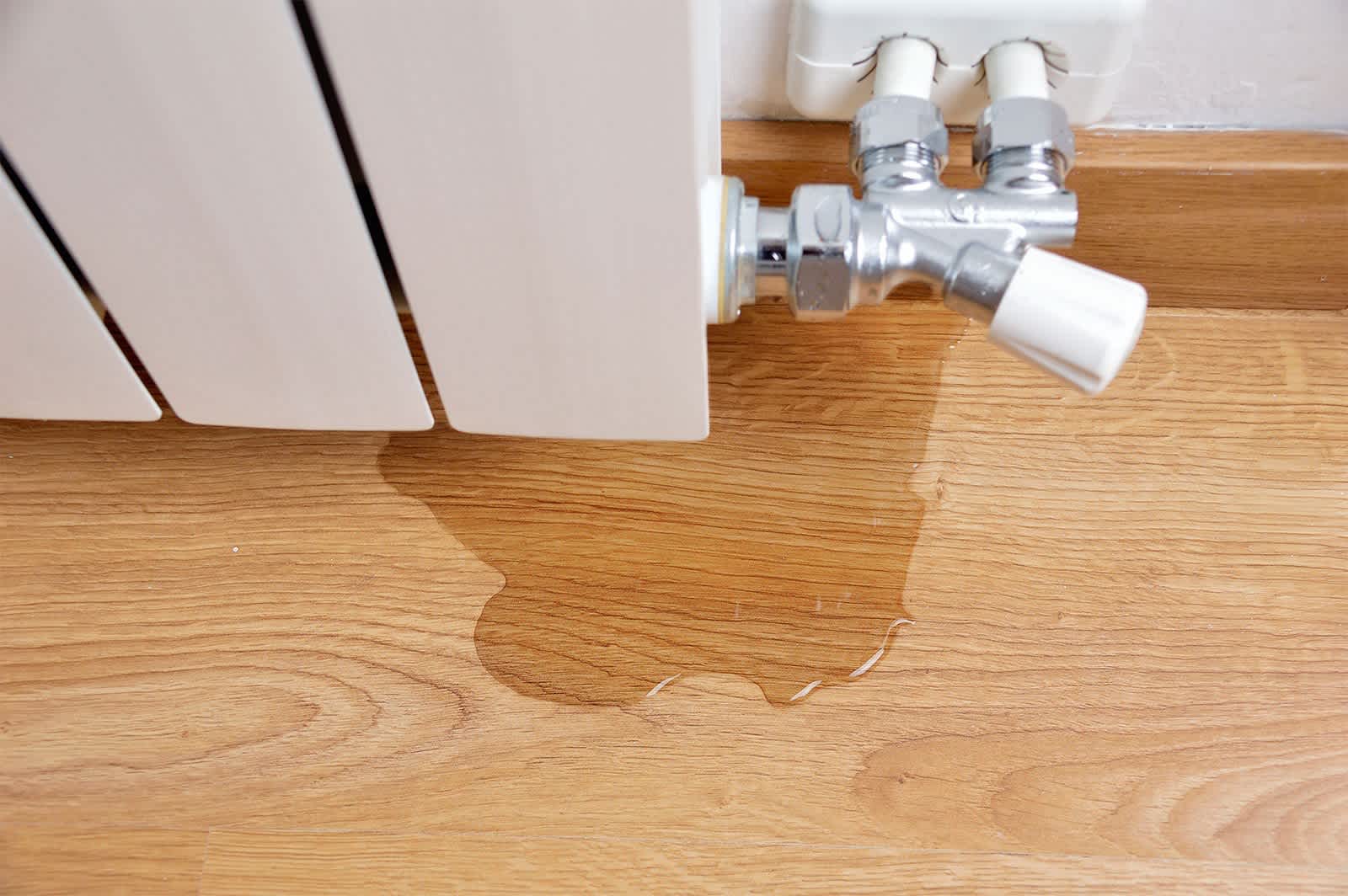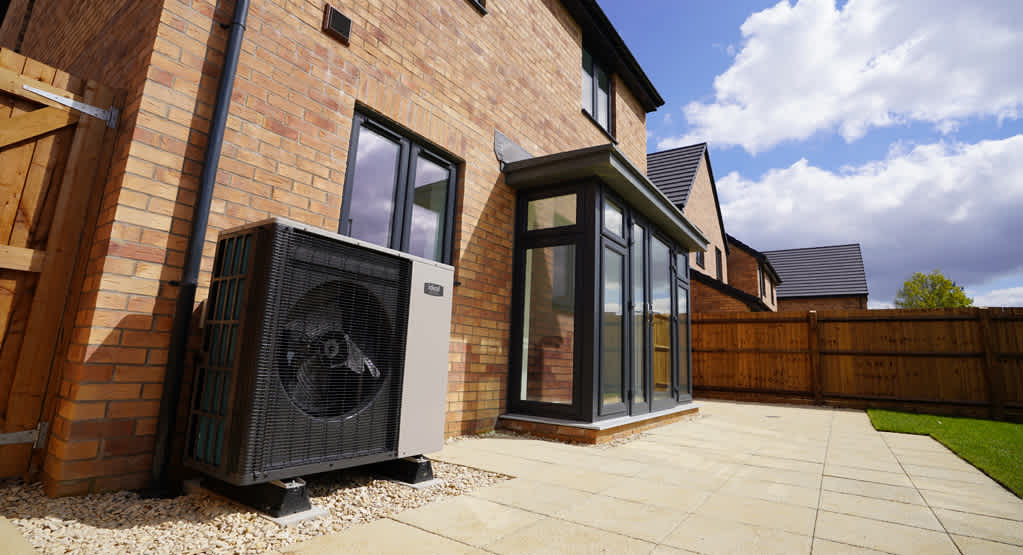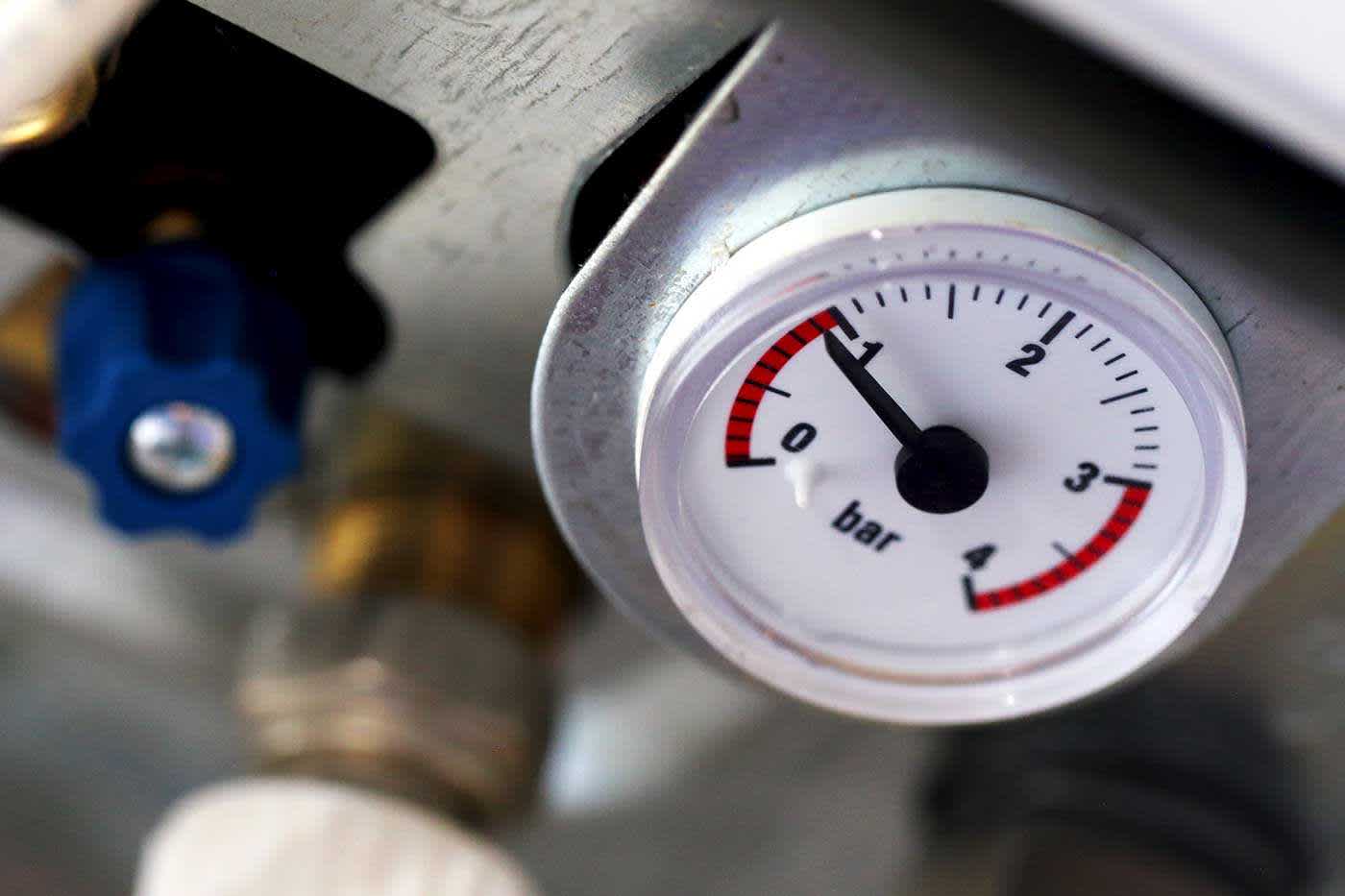
My boiler is leaking: What should I do?
Finding a puddle of water under your boiler can be quite alarming, and it shouldn’t happen unless there’s something wrong. We’ll take you step-by-step through the possible causes, but a leaking boiler is not something the average homeowner should try to fix themselves – whatever the cause, we strongly recommend calling out a Gas Safe engineer to have a look at it. It could be a simple fix or it could require a new boiler, but gas is not something you should take a chance with.
Is the leak definitely coming from the boiler?
Before you make any phone calls, please make sure the leak is coming from the boiler itself. If it’s close to a washing machine, dishwasher or sink, it’s possible that the puddle is coming from one of them. Calling out a boiler engineer could mean that the real cause of the problem is not being addressed.
Similarly, there is bound to be a lot of pipework around a boiler. Run your fingers or a cloth around the pipework near to where the puddle is forming, and see if you can identify any wetness. Fixing a water pipe is usually a simple job that any plumber can do.
If you can definitely see water dripping from the boiler itself, check the pressure (see below) and only switch the boiler off if there’s a problem – you’ll need the boiler turned on to do the next step.
Check the water pressure
Your boiler will have some sort of pressure gauge on the front of it, either in the form of an analogue gauge or a digital readout. You might need to push some buttons to cycle round to the pressure if it’s digital – it might default to showing temperature or a timer, for example.
In most boilers, the pressure should be between 1 and 1.5 bar when the central heating is off. When it’s on, it will go up slightly, but it should still be around this range. If it’s way above this level (say, 2 bar or higher), this could be the cause. Boilers have pressure relief valves to protect them from high water pressure. They are often built into the pressure gauge, and are designed to leak if the pressure gets too high.
If you’ve got high pressure, the first thing you should do is check your filling loop. This is often a piece of tubing curved round on itself with a valve at each end, or it could be two valves built into the boiler. As the name suggests, the filling loop is used to fill your system with mains water. Once the correct pressure is reached, the valves should be turned fully off, but sometimes they are forgotten about and left on. That’s usually why you’ve got high pressure, so make sure they are fully off before moving on.
To reduce the water pressure, the easiest way is to bleed a radiator. It can take some time (maybe 30 minutes to an hour) to take your pressure down a single bar, but be patient, monitor the pressure and stop when it’s back to normal. Has the leaking stopped? If so, you might have fixed it – but keep an eye on it.
Faulty expansion vessel?
Your boiler system should also have an expansion vessel somewhere (unless it’s a Heat only boiler, in which case you’ll have a tank in the loft instead to deal with excess pressure). This is designed to account for the regular expansion and contraction as water heats and cools – not an over-pressurised system. However, a faulty expansion vessel can be linked to high pressure, as it will not be able to do its job, and turning on the heating might cause the safety valve to leak. Your gas engineer will be able to tell you if your expansion vessel is faulty.
What if the pressure is normal?
If your pressure is normal, you can rule out the safety valve, so the issue is more likely to be wear and tear in the pipework, joints, seals, pump or heat exchanger inside the boiler. We cannot stress enough how important it is to have a Gas Safe engineer check your boiler if this is the case. Do not attempt to fix anything yourself. Gas, water and electricity are a lethal combination in the wrong hands.
The engineer will be able to diagnose the problem, which could mean anything from a bit of soldering to a new boiler. Whatever the engineer recommends, you’ll be glad you called – it could have been serious.
Get your boiler serviced regularly
Boilers need to be serviced once a year by a qualified engineer. Regular servicing will uncover any small issues that could develop into big ones if left unattended.
If you had your boiler installed, the company that installed it will also do servicing – give them a call. If it’s still under warranty, any repairs should be free of charge. Note that having the boiler checked annually is a condition of the warranty. If it hasn’t been serviced in the past year, you might have to pay for repairs.
If you don’t know who installed your boiler or when it was installed and serviced last, find a boiler engineer and book a service straight away. And before they go, make sure you book your service for next year!

















